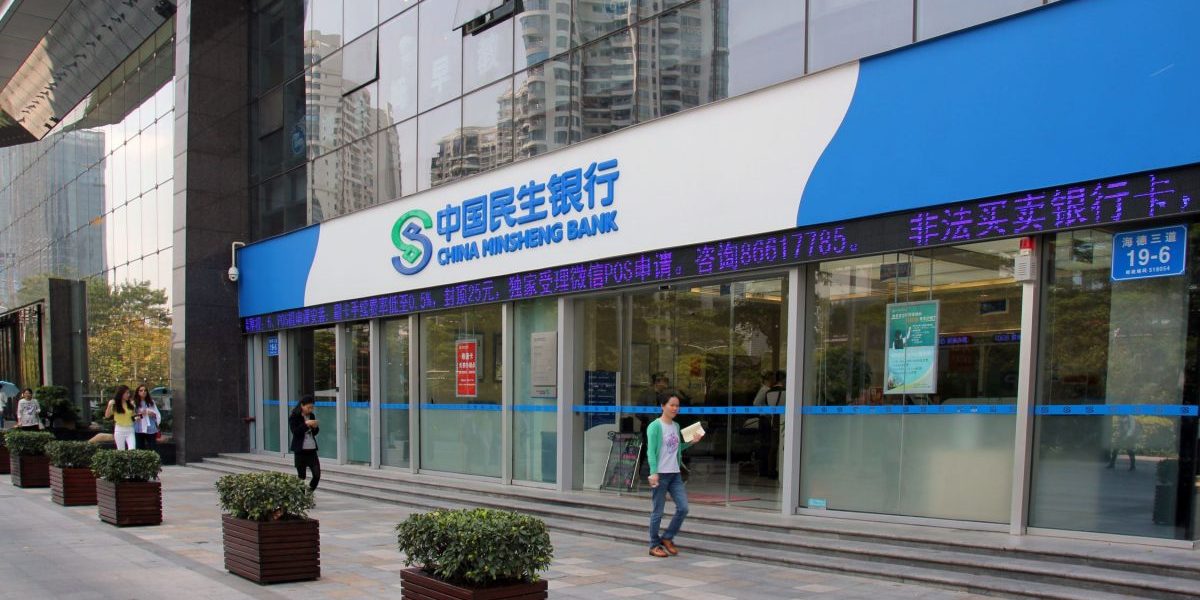However, the China-Africa economic and security dimension requires a more complex perspective that takes into account a more comprehensive set of risks, ranging from criminal conduct to political violence, that China’s state-owned enterprises (SOEs) and private companies are likely to encounter throughout the African continent. From Cape Town to Cairo, Beijing has already been confronted by growing constraints on its decades-old foreign policy based on the principle of non-interference in the internal affairs of other nations. In the African continent, security is an increasingly important priority, especially for Chinese companies operating in politically volatile areas and complex environments prone to violence. The continent is riddled with a wide range of conflicts, illustrated in Libya and South Sudan, that involve both state and non-state actors. Conflicts have been ignited by religious tensions, tribal rivalries, political problems, unequal distribution of scarce sources, or natural disasters, some of which are linked with climate change.








